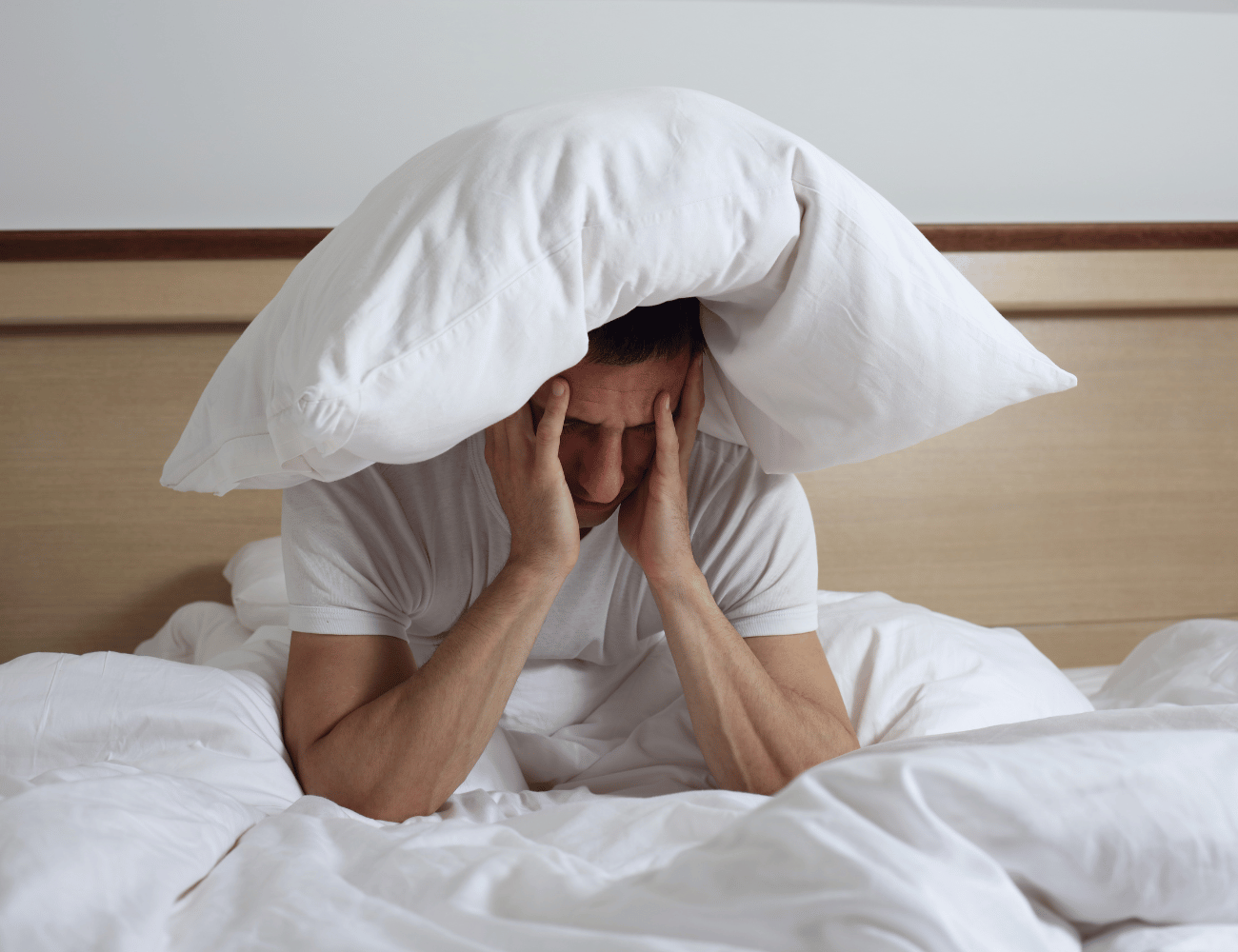Have you ever woken up feeling exhausted, even after a full night’s sleep? Or maybe you push through the week on six hours of rest, convincing yourself that you’ll “catch up” later? If so, you’re not alone. But what if the secret to longevity wasn’t in a supplement or a superfood – but in something as simple as quality sleep?
Sleep is one of the most powerful (yet overlooked) factors in healthy aging and peak performance. While diet and exercise often steal the spotlight, quality sleep is the foundation of longevity, cognitive health, and overall vitality. Let’s break down how sleep works, why it matters, and – most importantly – how you can sleep better starting tonight.
Why Sleep is the Ultimate Anti-Aging Tool
We spend nearly one-third of our lives sleeping, yet modern life treats sleep like an afterthought. But science tells a different story: poor sleep accelerates aging, weakens the immune system, and even shortens lifespan. On the flip side, restorative sleep helps repair tissues, boosts memory, and keeps our bodies in peak condition for years to come.
Two key sleep phases play a critical role in longevity:
-
- Slow Wave Sleep (Deep Sleep): this is when your body focuses on cell repair, muscle recovery, and immune function. Growth hormone is released, which is essential for maintaining youthfulness and preventing premature aging.
- REM Sleep (Rapid Eye Movement): during this stage, your brain is cleaning out toxins, processing memories, and strengthening cognitive function – all essential for a long, healthy life.
Without enough of these phases, your body can’t fully recover, and the aging process speeds up.
The Hidden Cost of Sleep Deprivation
Think skipping sleep is no big deal? Think again. A groundbreaking study found that getting just six hours of sleep per night for two weeks leads to cognitive declines equivalent to staying awake for 48 hours straight. Even worse, most people don’t realize how much their performance is suffering.
Lack of sleep doesn’t just make you tired – it’s linked to chronic inflammation, weight gain, weakened immunity, and increased risk of heart disease and dementia. In other words, poor sleep today could mean a shorter, less vibrant life tomorrow.
We get it. You’ve heard why sleep matters – but how do you actually fix it?
The good news is, you don’t need a complete life overhaul. Small changes can lead to big improvements. Here are some simple, science-backed strategies to help you sleep better and wake up feeling refreshed.
1. Stick to a Consistent Sleep Schedule
Your body thrives on routine. Going to bed and waking up at the same time every day - even on weekends – helps regulate your circadian rhythm and improves sleep quality.
2. Optimize Your Sleep Environment
-
- Darkness: Use blackout curtains and avoid screens an hour before bed.
- Cool Temperature: Set your room between 65–70°F for optimal sleep.
- Quiet: White noise machines or earplugs can block disruptive sounds.
3. Avoid Sleep Disruptors
-
- Limit caffeine in the afternoon – it stays in your system longer than you think.
- Reduce alcohol before bed – it may help you fall asleep faster but disrupts deep sleep.
- Ditch the late-night scrolling – blue light from screens blocks melatonin, making it harder to fall asleep.
4. Build a Relaxing Nighttime Routine
Instead of working late or watching TV, try reading, meditating, or journaling before bed. These activities help signal to your body that it’s time to wind down.
5. Get Sunlight First Thing in the Morning
Exposure to natural light in the morning resets your circadian rhythm and improves energy levels throughout the day. Think of it as nature’s way of keeping your sleep cycle on track.
Sleep: The Underrated Longevity Hack
When it comes to living a longer, healthier life, prioritizing sleep is just as important as eating well and staying active. High-quality sleep is your body’s built-in repair system, keeping your brain sharp, your immune system strong, and your energy levels high.
So don’t think of sleep as an obligation. Treat it as an investment in your long-term health. Your future self will thank you.
























